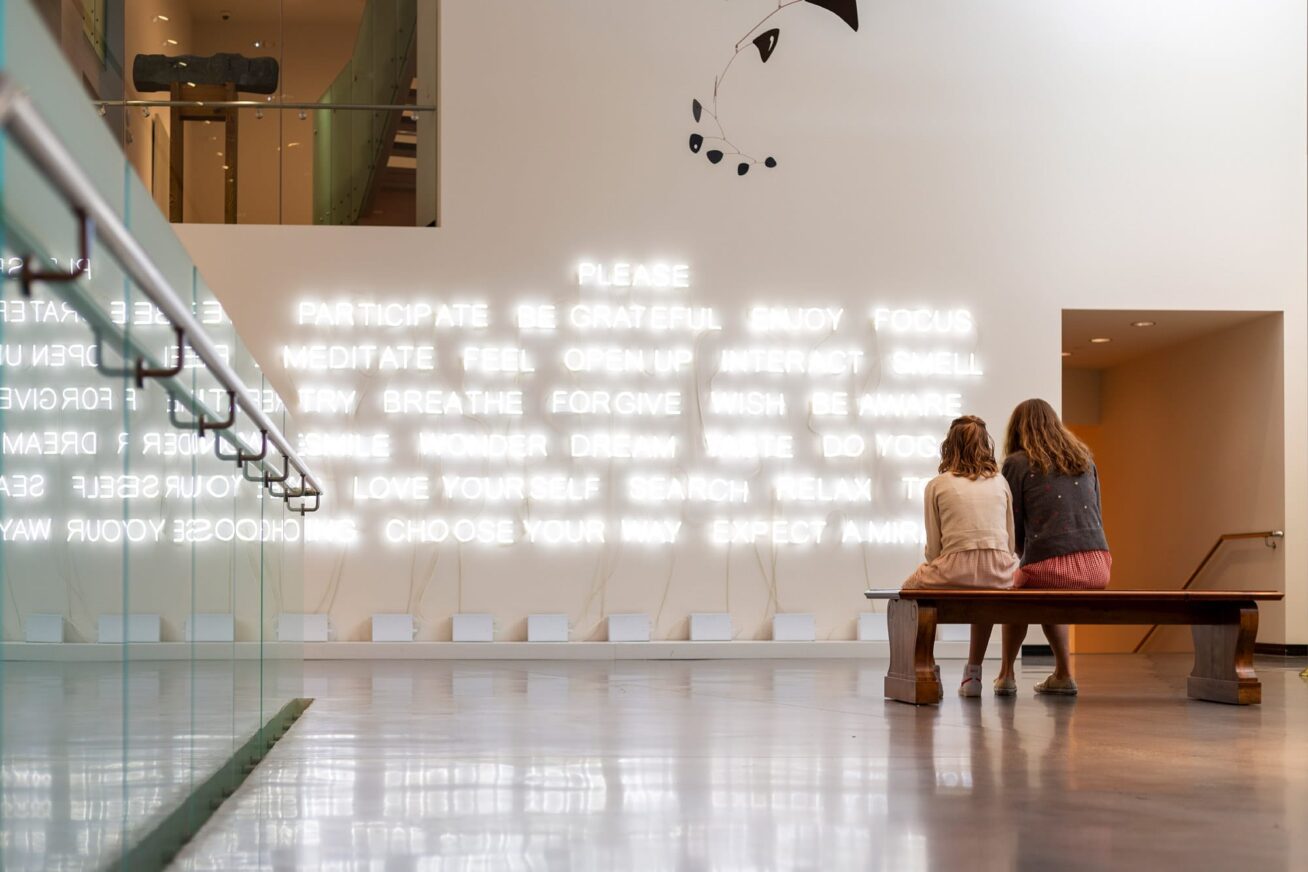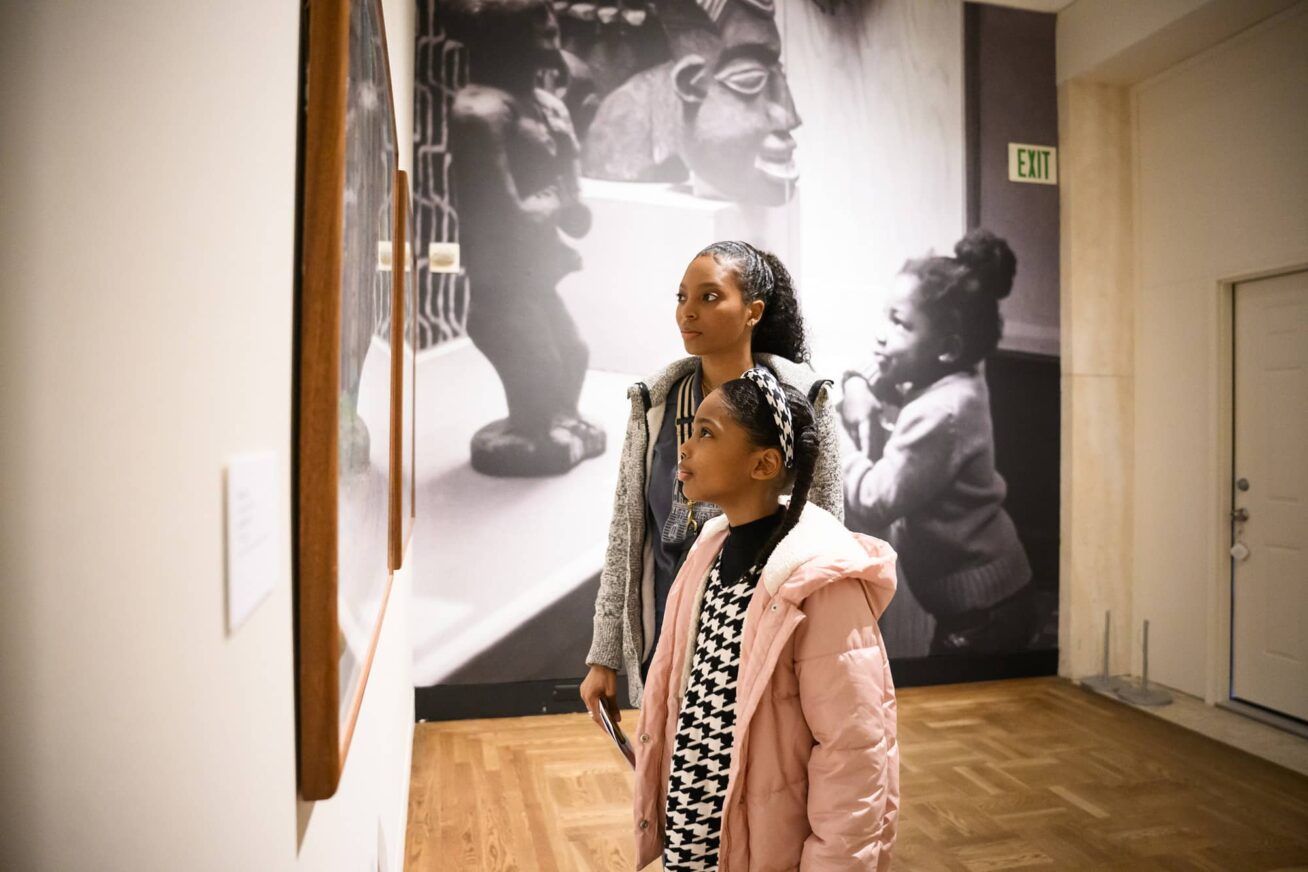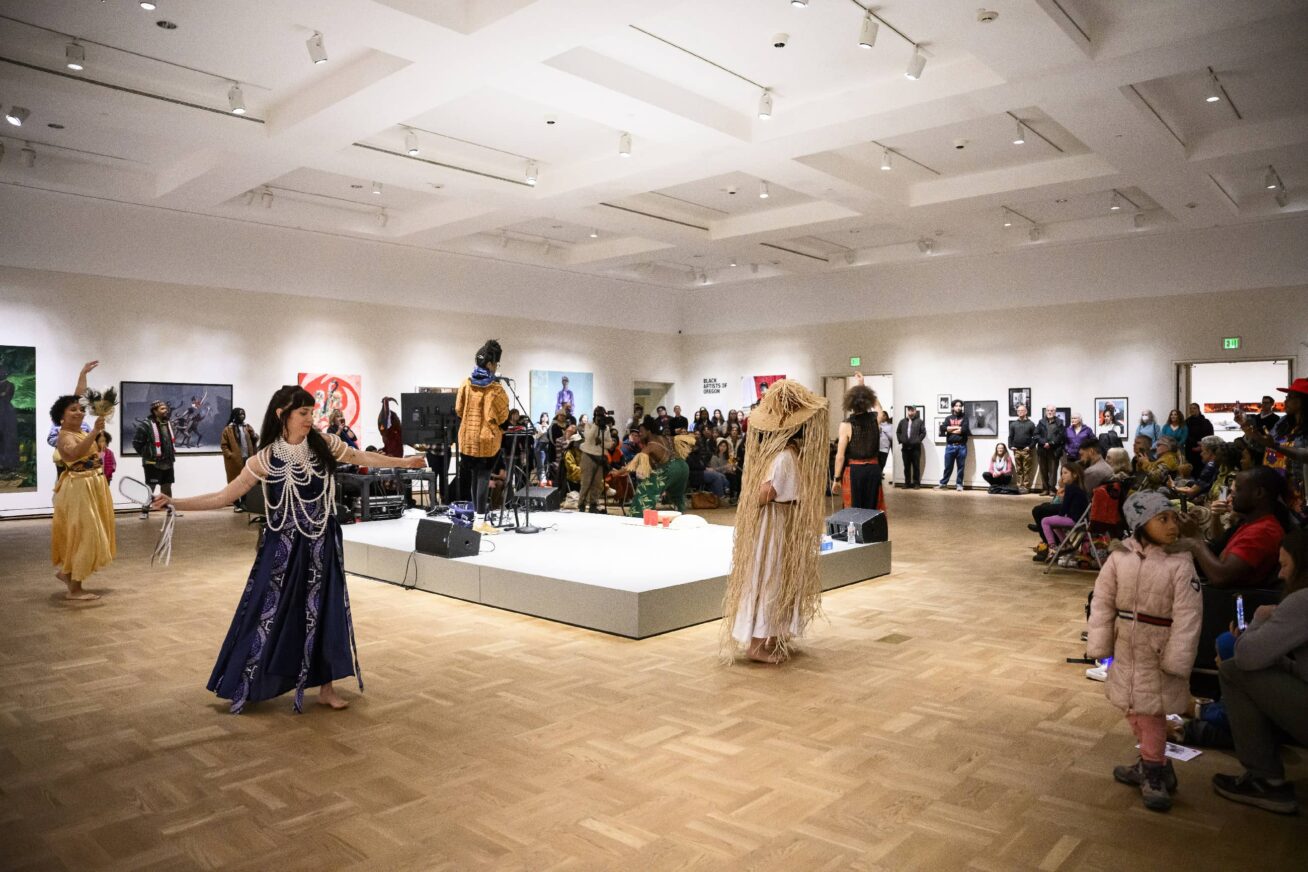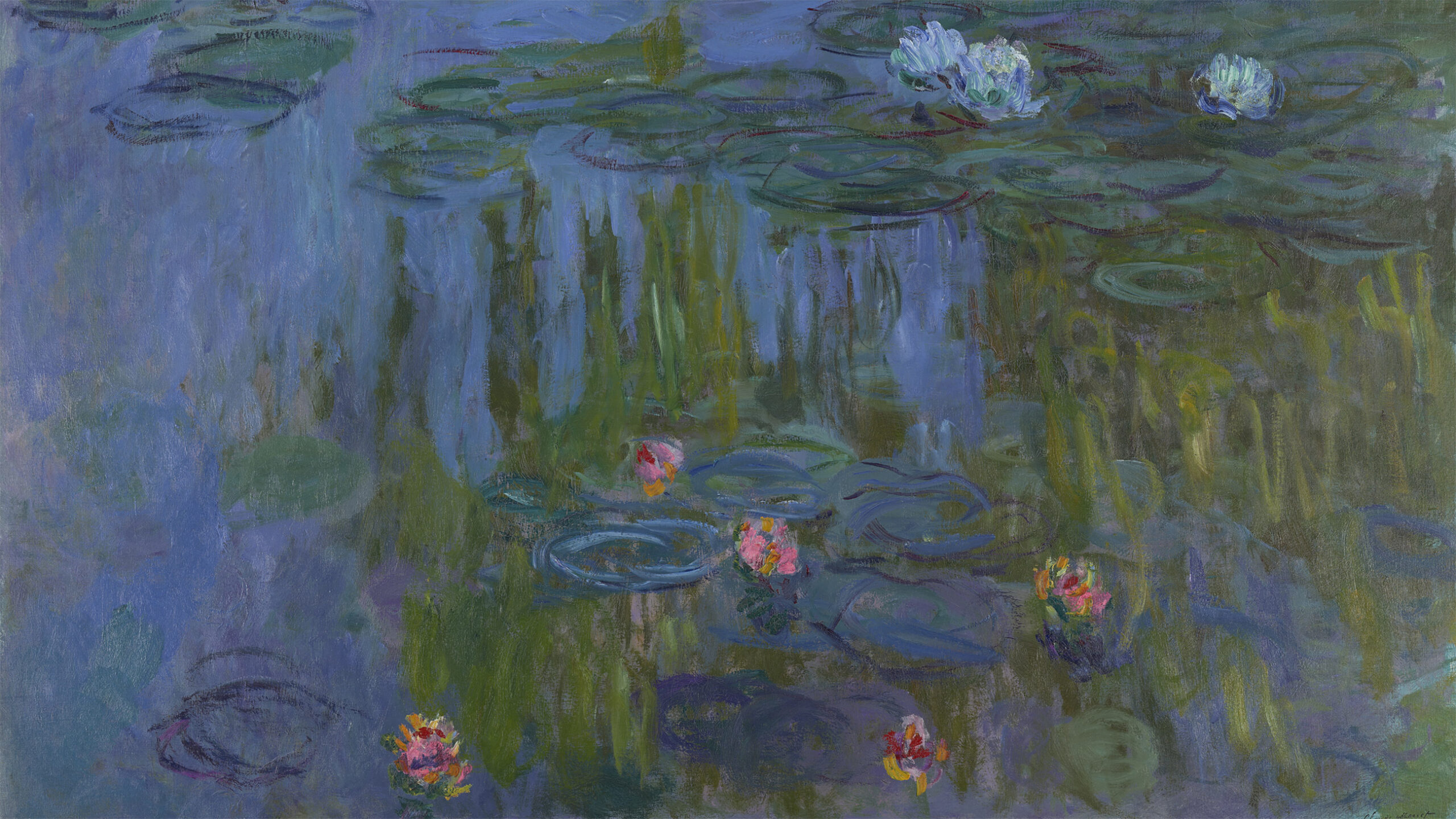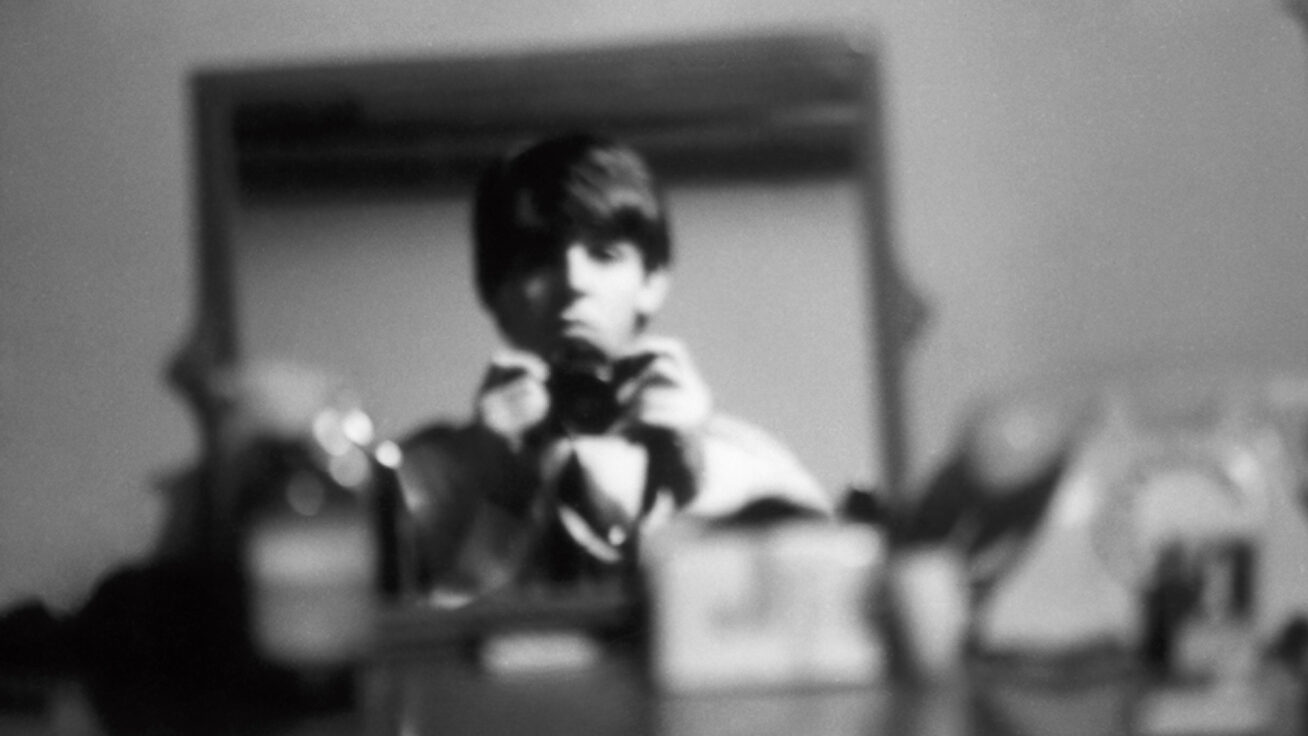
Paul McCartney Photographs 1963–64: Eyes of the Storm
Comprised of recently rediscovered photographs from Paul McCartney’s personal archive, more than 250 pictures invite visitors to intimately experience The Beatles’ meteoric rise from British sensation to international stardom.
1219 SW Park Ave
Sep 14, 2024 – Jan 19, 2025
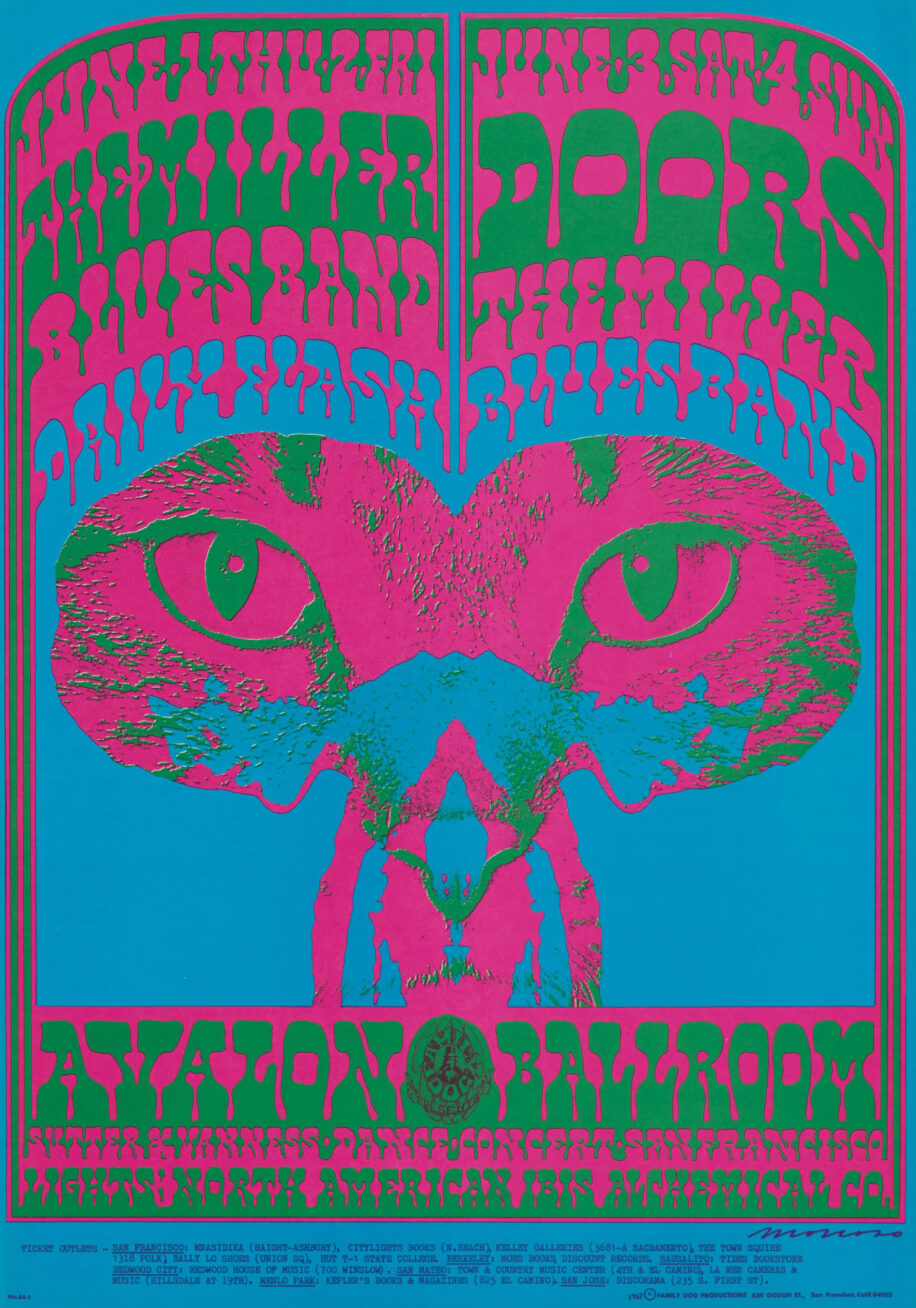
Psychedelic Rock Posters and Fashion of the 1960s
Psychedelic Rock Posters and Fashion of the 1960s reveals the passion and creativity of the era through the iconic rock posters of San Francisco and beyond.
1219 SW Park Ave
Oct 19, 2024 – Mar 30, 2025
-
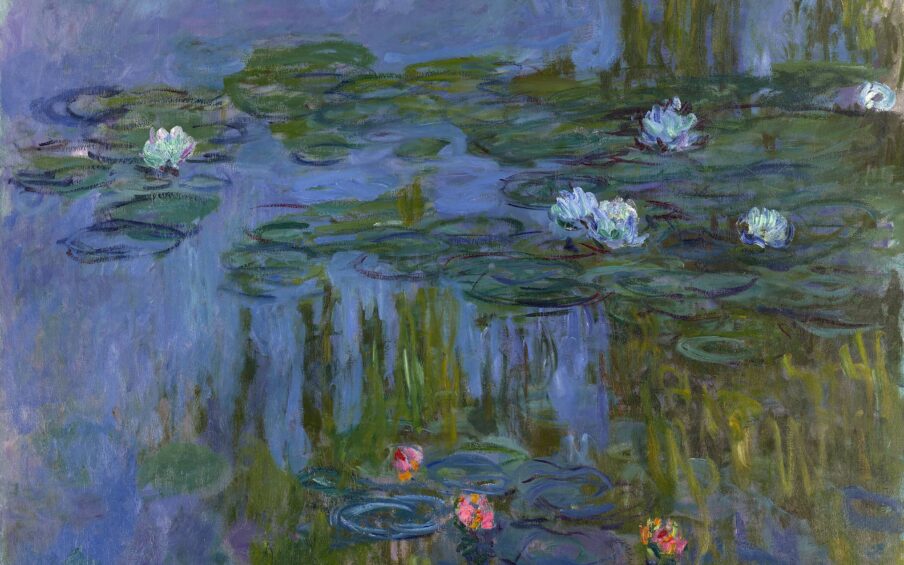 Exhibitions
ExhibitionsMonet’s Floating Worlds at Giverny: Portland’s Waterlilies Resurfaces
The monumental canvas Waterlilies by Claude Monet is perhaps the most treasured painting in the Portland Art Museum’s collection. Now, after over 65 years, it will finally look much as the artist intended—without varnish.
-
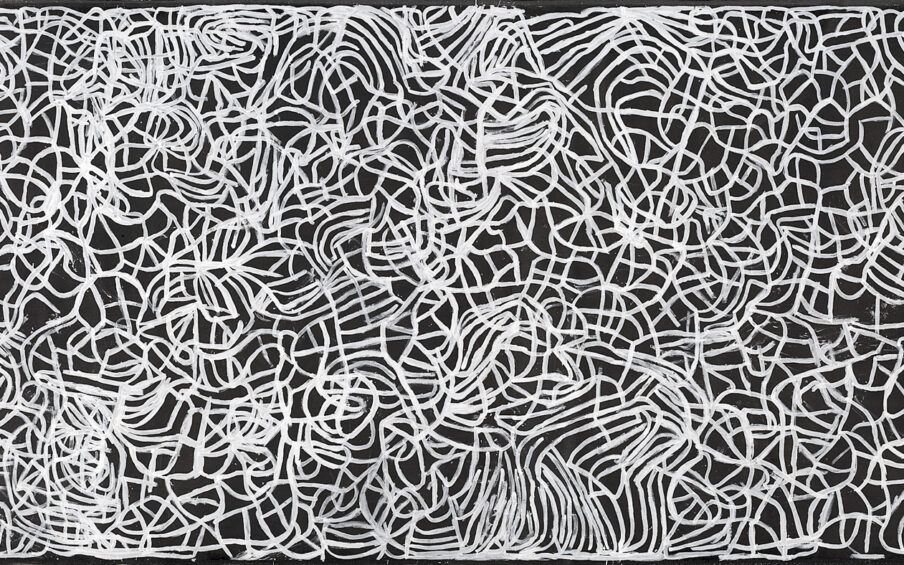 Exhibitions
ExhibitionsThe Stars We Do Not See: Australian Indigenous Art
This eye-opening exhibition introduces North American audiences to the diverse and distinct visual iconographies of Indigenous Australia, which is made up of more than 250 distinct Indigenous nations.
-
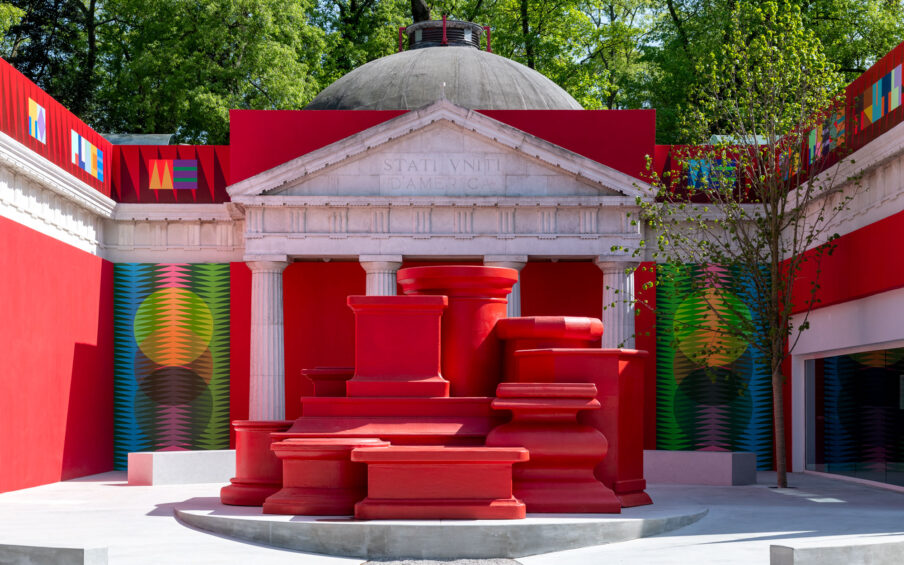 Exhibitions Partner events
Exhibitions Partner events2024 Venice Biennale—Jeffrey Gibson: the space in which to place me
Please note, that this exhibition takes place in Venice, Italy. Visit the official website. Overview The Portland Art Museum and SITE Santa Fe, in cooperation with the U.S. Department of […]
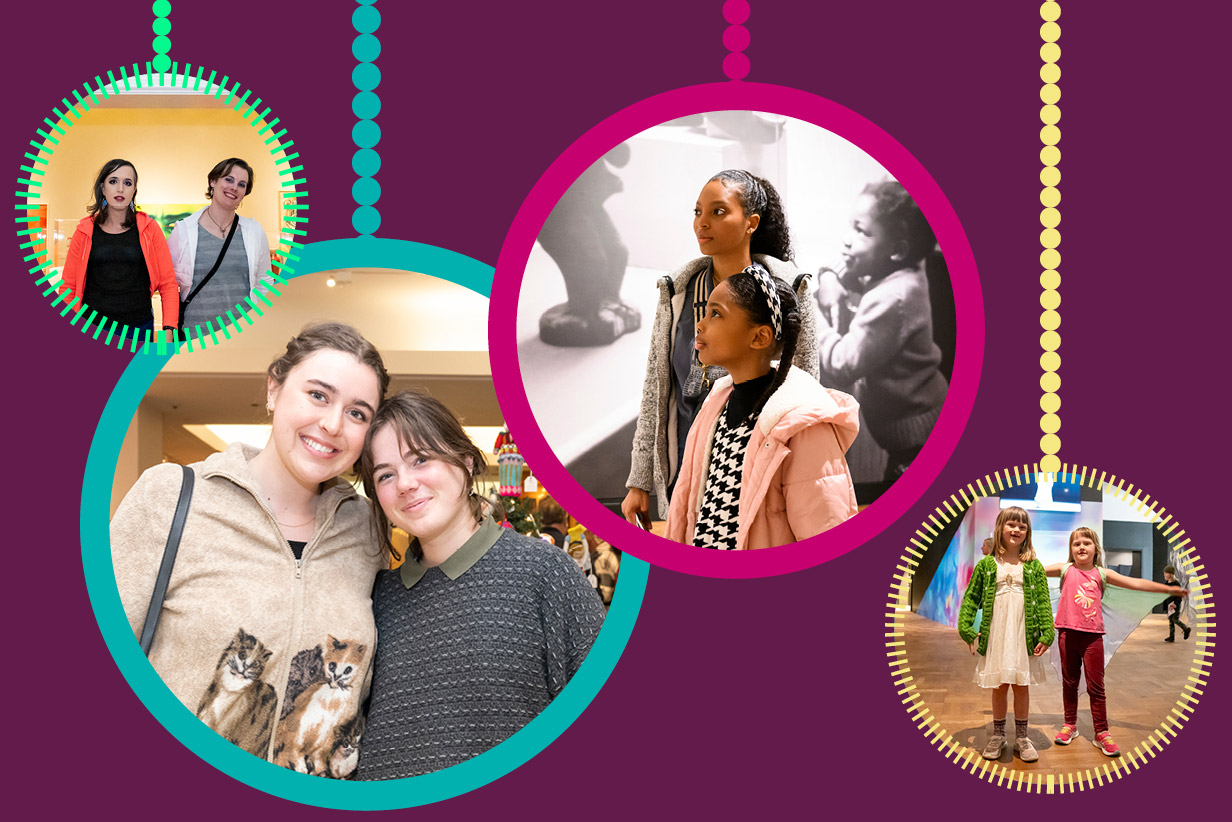
Give the gift of art
Connect, reflect, and be inspired—all while supporting the arts in our community. Membership includes FREE admission and access to all things Museum and PAM CUT, including Tomorrow Theater discounts.
Upcoming
-
 Free & discounted Screenings & experiences Tomorrow Theater
Free & discounted Screenings & experiences Tomorrow TheaterThat Christmas // Q&A w/ Director Simon Otto and Producer Nicole Hearon
Dec 3, 2024
-
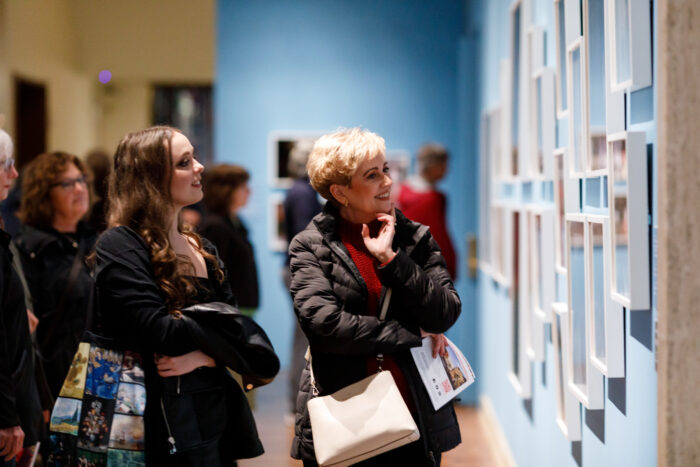 Free & discounted
Free & discountedFree First Thursday
Dec 5, 2024
-
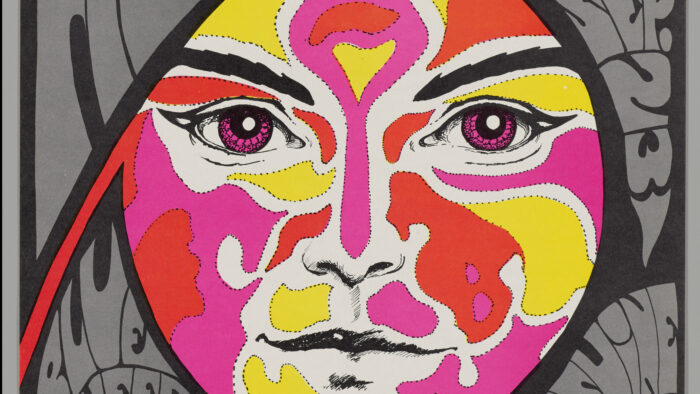 Lectures & talks
Lectures & talksArt & Conversation: Psychedelic Posters
Dec 5, 2024
-
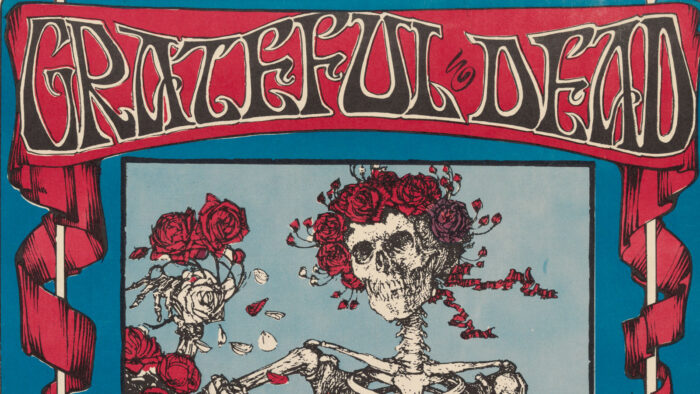 Free & discounted Lectures & talks
Free & discounted Lectures & talksMeet the Curator: Mary Weaver Chapin and Gary Westford
Dec 5, 2024
-
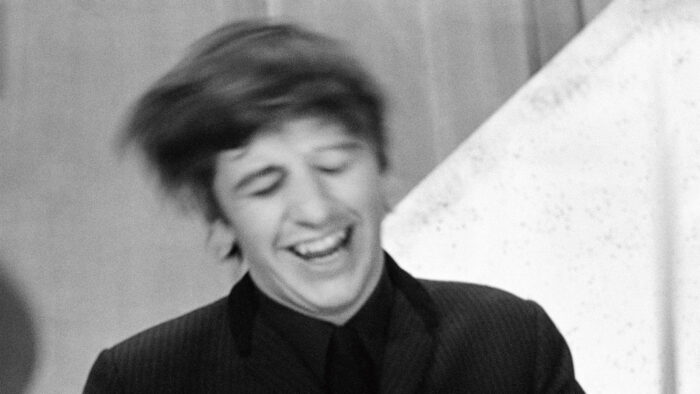 Free & discounted
Free & discountedSelf Portraits after Eyes of the Storm
Dec 5, 2024
-
 Free & discounted Screenings & experiences Tomorrow Theater
Free & discounted Screenings & experiences Tomorrow TheaterSnowpocalypse! Action-packed Snowboarding Films
Dec 5, 2024
Celebrating 130 Years
Give today and support us for the next 130 years
Do more as a member
By becoming a member you ensure that the arts are a vibrant, valued, and a part of our community.
Discover
-
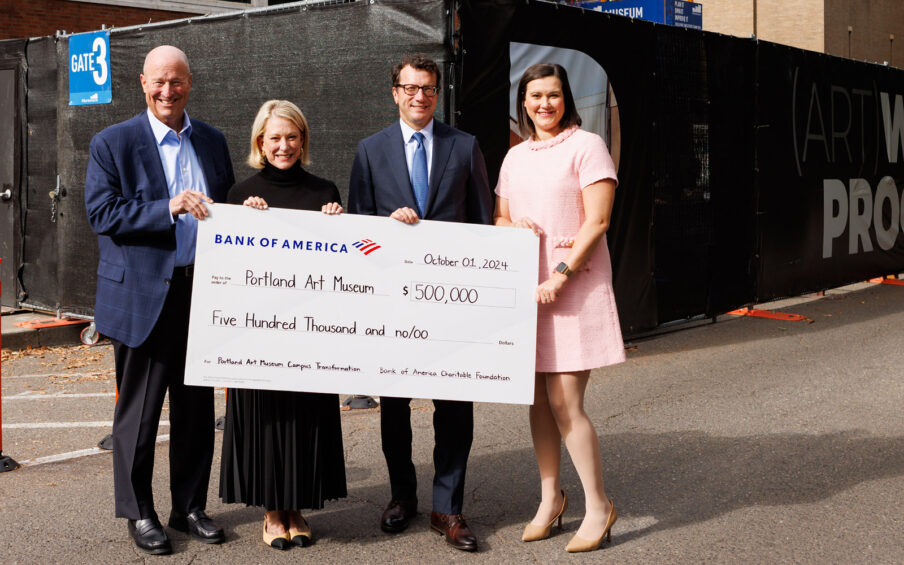 Campus Transformation
Campus TransformationBofA awards $500,000 to Portland Art Museum for campus transformation
Bank of America funding supports one of the largest capital arts projects in Oregon history and launches the Business Champions Circle The Portland Art Museum (PAM) has been awarded $500,000 […]
-
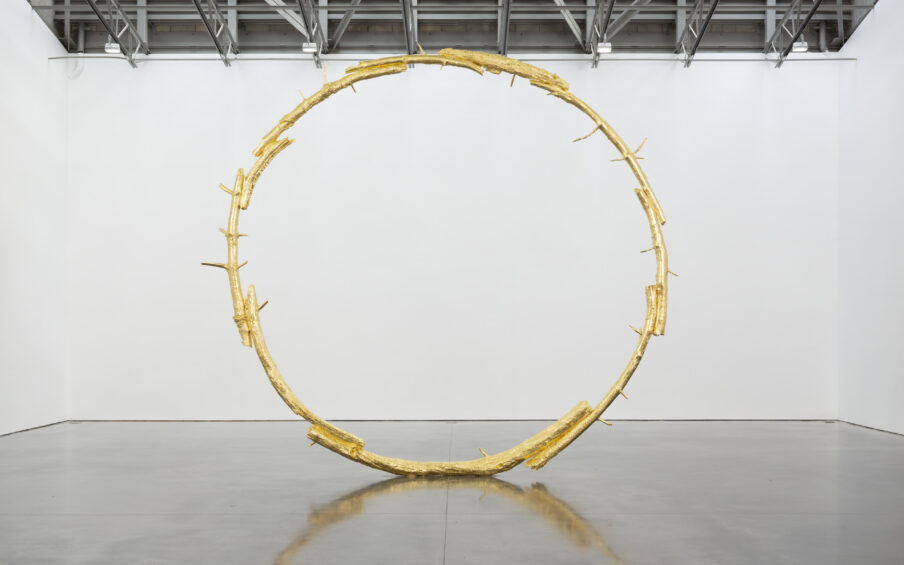 Campus Transformation
Campus TransformationTransformed Portland Art Museum campus to open late 2025 with refreshed galleries
Expanded and renovated Museum to feature complete reinstallation of permanent collection, Including nearly 300 new acquisitions by artists such as Simone Leigh, Ugo Rondinone, Marie Watt, and Carrie Mae Weems, […]
-
 Campus Transformation
Campus TransformationMark Rothko Pavilion reaches major construction milestone
The Portland Art Museum (PAM), in collaboration with leading developer and builder Mortenson, hosted a “topping out” ceremony yesterday to celebrate the completion of the steel structure for the Museum’s […]
-
 Instagram, ❇️ Tradition meets technology in “Green Star Quilt” (2019). #CyberMonday 🌐 🛜
@Wally_Dion’s star pattern in this work is evocative of the quilting traditions of many Native communities in the U.S. and Canada, but intricately constructed with repurposed computer circuit boards.
📍 You can find this on view in "Throughlines: Connections in the Collection"
—
Wally Dion (Yellow Quill First Nation/Salteaux and Canadian, born 1976), “Green Star Quilt,” 2019. Circuit boards, brass wire, copper tube; 75 13/16 × 70 × 3 in. Museum Purchase: Funds provided in memory of Brian Gross, 2020.1.1
[ID: 1. Close-up of center of 8-point star-shaped pattern comprised of diamond-shaped green circuit boards. 2. Overall view of the work revealing rectangle boarder around star shapes.]
Instagram, ❇️ Tradition meets technology in “Green Star Quilt” (2019). #CyberMonday 🌐 🛜
@Wally_Dion’s star pattern in this work is evocative of the quilting traditions of many Native communities in the U.S. and Canada, but intricately constructed with repurposed computer circuit boards.
📍 You can find this on view in "Throughlines: Connections in the Collection"
—
Wally Dion (Yellow Quill First Nation/Salteaux and Canadian, born 1976), “Green Star Quilt,” 2019. Circuit boards, brass wire, copper tube; 75 13/16 × 70 × 3 in. Museum Purchase: Funds provided in memory of Brian Gross, 2020.1.1
[ID: 1. Close-up of center of 8-point star-shaped pattern comprised of diamond-shaped green circuit boards. 2. Overall view of the work revealing rectangle boarder around star shapes.]
-
 Instagram, 🎁 Searching for the perfect last-minute gift? A museum membership is the gift that keeps giving all year long!
✨ Inspire them with art and help them create lasting memories. With a gift membership, your friends and family will enjoy unlimited free admission for an entire year.
⏱️ Now through 12/31/24, save $10 on gift memberships* with promo code GIFT24E.
Give the gift of membership today → portlandartmuseum.org/membership (link in bio)
—
*This online-exclusive discount is valid for new gift memberships only and excludes College Student Passes. Offer not applicable to previously purchased memberships.
Instagram, 🎁 Searching for the perfect last-minute gift? A museum membership is the gift that keeps giving all year long!
✨ Inspire them with art and help them create lasting memories. With a gift membership, your friends and family will enjoy unlimited free admission for an entire year.
⏱️ Now through 12/31/24, save $10 on gift memberships* with promo code GIFT24E.
Give the gift of membership today → portlandartmuseum.org/membership (link in bio)
—
*This online-exclusive discount is valid for new gift memberships only and excludes College Student Passes. Offer not applicable to previously purchased memberships.
-
 Instagram, ☮️ 🐾 Peace, love, and floof. This far-out kitteh’s got it all together on #Caturday.
The hypnotic stare of Fried’s psychedelic “Kitty,” rendered in shades of purple and magenta, arrests viewers in their tracks, and distracts from the misspelling of the Eight Penny Matter band name.
📍 See it up close and personal in ”Psychedelic Rock Posters and Fashion of the 1960s.”
—
Robert Fried (American, 1937–1975), “Kitty”; Buffalo Springfield, The Eight Penny Matter, October 6-7, Family Dog West, Denver, 1967. Color offset lithograph on paper; 21 × 14 in. Loan from the Gary Westford Collection, L2024.12.6
[ID: Poster of purple and magenta cat overlaid with red op art graphic and framed by white lettering on gray background, starting with Buffalo Springfield, The Eigth Penny Matter.”]
Instagram, ☮️ 🐾 Peace, love, and floof. This far-out kitteh’s got it all together on #Caturday.
The hypnotic stare of Fried’s psychedelic “Kitty,” rendered in shades of purple and magenta, arrests viewers in their tracks, and distracts from the misspelling of the Eight Penny Matter band name.
📍 See it up close and personal in ”Psychedelic Rock Posters and Fashion of the 1960s.”
—
Robert Fried (American, 1937–1975), “Kitty”; Buffalo Springfield, The Eight Penny Matter, October 6-7, Family Dog West, Denver, 1967. Color offset lithograph on paper; 21 × 14 in. Loan from the Gary Westford Collection, L2024.12.6
[ID: Poster of purple and magenta cat overlaid with red op art graphic and framed by white lettering on gray background, starting with Buffalo Springfield, The Eigth Penny Matter.”]
-
 Instagram, “These heart-shaped beaded flat bags are part of a larger tradition among tribes in the Columbia Plateau region, created for use within the community and for sale to outsiders.
One woman wears hair and makeup in keeping with the midcentury era in which the bags were made, while the other is dressed in tribal finery suitable for a parade, in which she might carry one or more of these bags while on horseback.”
–Kathleen Ash-Milby, Curator of Native American Art
📍 See them in ”Throughlines: Connections in the Collection”
#NativeAmericanHeritageDay
—
Plateau region, artists unknown, “Beaded flat bags,” ca. 1940–50. Beads, hide, cotton cloth, cotton thread; 12 15/16 × 15 in.; 10 9/16 × 10 3/8 in. Bequest of Arlene and Harold Schnitzer, 2022.35.2,6
[ID: 1. Heart-shaped beaded bag with image of young girl with braids on yellow background. 2. Heart-shaped beaded bag with image of woman next to roses.]
Instagram, “These heart-shaped beaded flat bags are part of a larger tradition among tribes in the Columbia Plateau region, created for use within the community and for sale to outsiders.
One woman wears hair and makeup in keeping with the midcentury era in which the bags were made, while the other is dressed in tribal finery suitable for a parade, in which she might carry one or more of these bags while on horseback.”
–Kathleen Ash-Milby, Curator of Native American Art
📍 See them in ”Throughlines: Connections in the Collection”
#NativeAmericanHeritageDay
—
Plateau region, artists unknown, “Beaded flat bags,” ca. 1940–50. Beads, hide, cotton cloth, cotton thread; 12 15/16 × 15 in.; 10 9/16 × 10 3/8 in. Bequest of Arlene and Harold Schnitzer, 2022.35.2,6
[ID: 1. Heart-shaped beaded bag with image of young girl with braids on yellow background. 2. Heart-shaped beaded bag with image of woman next to roses.]
-
 Instagram, 🎉 Wishing a very happy birthday to Seneca artist and one of our esteemed museum trustees, Marie Watt!
We’re honored to have recently acquired her work, “A Shared Horizon (Western Door),” 2022. This illuminated neon installation will be sited in the reimagined collection galleries—an inviting beacon to visitors when we unveil a transformed campus at the end of next year.
—
@marie_watt_studio (Seneca Nation of Indians and American, born 1967), “A Shared Horizon (Western Door),” 2022. Neon; 27 × 322 in. Museum purchase: Funds provided by the Schnitzer Endowment for Northwest Art, Art Gym, Native American Art Department acquisition funds, Northwest Art Council, Native American Art Council, and Dina Schnitzer, 2022.60.1 © #MarieWatt
[ID: Two color photos from different angle of three rows of neon words that repeat in tones of blue, yellow, red, pink beginning with the words deer, sky, water, forest, eagle.]
Instagram, 🎉 Wishing a very happy birthday to Seneca artist and one of our esteemed museum trustees, Marie Watt!
We’re honored to have recently acquired her work, “A Shared Horizon (Western Door),” 2022. This illuminated neon installation will be sited in the reimagined collection galleries—an inviting beacon to visitors when we unveil a transformed campus at the end of next year.
—
@marie_watt_studio (Seneca Nation of Indians and American, born 1967), “A Shared Horizon (Western Door),” 2022. Neon; 27 × 322 in. Museum purchase: Funds provided by the Schnitzer Endowment for Northwest Art, Art Gym, Native American Art Department acquisition funds, Northwest Art Council, Native American Art Council, and Dina Schnitzer, 2022.60.1 © #MarieWatt
[ID: Two color photos from different angle of three rows of neon words that repeat in tones of blue, yellow, red, pink beginning with the words deer, sky, water, forest, eagle.]
-
 Instagram, 🪷🌿 Just announced! Opening March 1, “Monet’s Floating Worlds at Giverny” is a new exhibition revealing Claude Monet’s newly restored “Waterlilies” and his inspiration from Japanese ukiyo-e prints.
Often referred to as ”pictures of the floating world,” ukiyo-e prints had a profound impact on Impressionist and Post-Impressionist art in France and the U.S., influencing bold perspectives, flat compositions, and printing techniques.
Featuring forty-five works, the exhibition begins with a recreation of Monet’s collection of Japanese masterpieces by artists like Toyokuni (Utagawa Kunisada), Utagawa Hiroshige, and Kitagawa Utamaro. The journey continues with responses to Japanese aesthetics by Mary Cassatt, Bertha Lum, Henri Rivière, and Henri de Toulouse-Lautrec, and concludes with the Museum’s newly conserved “Waterlilies” and the story behind its restoration.
Continue reading → link in bio
—
Katsushika Hokusai (Japanese, 1760–1849), “Sōshū Hakone kosui (Hakone Lake in Sagami Province),” from the series “Fugaku sanjūrokkei (Thirty-six Views of Mount Fuji),” ca. 1831. Color woodblock print on paper.. The Mary Andrews Ladd Collection, 32.418
Claude Monet (French, 1840–1926), “Waterlilies,” 1914–1915. Oil on canvas. Museum Purchase: Helen Thurston Ayer Fund, 59.16
Charles-Louis Houdard (French, 1874–1931), “Grenouilles (Frogs),” from “L'Estampe originale (The Original Print), Album VIII,” 1894. Color aquatint on simili-japon paper. Museum Purchase: Print Acquisition Fund, 2015.13.1
[ID: 1. Color print of lake with mountain in distance. 2. Waterscape of lily pond reflecting sky. 3. Iris and plants with frogs at edge of water.]
Instagram, 🪷🌿 Just announced! Opening March 1, “Monet’s Floating Worlds at Giverny” is a new exhibition revealing Claude Monet’s newly restored “Waterlilies” and his inspiration from Japanese ukiyo-e prints.
Often referred to as ”pictures of the floating world,” ukiyo-e prints had a profound impact on Impressionist and Post-Impressionist art in France and the U.S., influencing bold perspectives, flat compositions, and printing techniques.
Featuring forty-five works, the exhibition begins with a recreation of Monet’s collection of Japanese masterpieces by artists like Toyokuni (Utagawa Kunisada), Utagawa Hiroshige, and Kitagawa Utamaro. The journey continues with responses to Japanese aesthetics by Mary Cassatt, Bertha Lum, Henri Rivière, and Henri de Toulouse-Lautrec, and concludes with the Museum’s newly conserved “Waterlilies” and the story behind its restoration.
Continue reading → link in bio
—
Katsushika Hokusai (Japanese, 1760–1849), “Sōshū Hakone kosui (Hakone Lake in Sagami Province),” from the series “Fugaku sanjūrokkei (Thirty-six Views of Mount Fuji),” ca. 1831. Color woodblock print on paper.. The Mary Andrews Ladd Collection, 32.418
Claude Monet (French, 1840–1926), “Waterlilies,” 1914–1915. Oil on canvas. Museum Purchase: Helen Thurston Ayer Fund, 59.16
Charles-Louis Houdard (French, 1874–1931), “Grenouilles (Frogs),” from “L'Estampe originale (The Original Print), Album VIII,” 1894. Color aquatint on simili-japon paper. Museum Purchase: Print Acquisition Fund, 2015.13.1
[ID: 1. Color print of lake with mountain in distance. 2. Waterscape of lily pond reflecting sky. 3. Iris and plants with frogs at edge of water.]
-
 Instagram, “I’m telling my story here in this Pavilion, but ultimately my hope is that the audience can see themselves and see their own layers, their own intersections that happen in their lives.” –Jeffrey Gibson
Today marks the final day of “the space in which to place me” at the U.S. Pavilion of the Venice Biennale, but the impact of this exhibition will resonate far beyond.
It’s been an honor to witness @JeffRune make history as the first solo Indigenous artist to represent the U.S. Pavilion, amplifying Native and queer voices, histories, and presence on a global stage.
Thank you to Jeffrey, his studio, the curators and commissioners, participants, museum staff, educational partners, donors, and everyone who brought this visionary project to life!
—
Program and portrait photography: @Federicarlet
Installation photography: @TimothySchenck
#BiennaleArte2024 #JeffreyGibson #VeniceBiennale
Instagram, “I’m telling my story here in this Pavilion, but ultimately my hope is that the audience can see themselves and see their own layers, their own intersections that happen in their lives.” –Jeffrey Gibson
Today marks the final day of “the space in which to place me” at the U.S. Pavilion of the Venice Biennale, but the impact of this exhibition will resonate far beyond.
It’s been an honor to witness @JeffRune make history as the first solo Indigenous artist to represent the U.S. Pavilion, amplifying Native and queer voices, histories, and presence on a global stage.
Thank you to Jeffrey, his studio, the curators and commissioners, participants, museum staff, educational partners, donors, and everyone who brought this visionary project to life!
—
Program and portrait photography: @Federicarlet
Installation photography: @TimothySchenck
#BiennaleArte2024 #JeffreyGibson #VeniceBiennale
-
 Instagram, Thank you to @Hyperallergic for covering the October convening in Venice, “ if I read you what I wrote bear in mind I wrote it.”
Organized by the Center for Indigenous Studies at @BardCollege, practitioners, academics, artists, and theorists came together to address the interdisciplinary, transnational nature of Jeffrey Gibson's (@jeffrune) work in the U.S. Pavilion.
Programming was a key component throughout the exhibition, with a cohort of ten educators from Oregon and New Mexico formed to help bring Native American history and knowledge back into their communities at home.
📰 Read the article → link in bio
📷 @Federicarlet
Instagram, Thank you to @Hyperallergic for covering the October convening in Venice, “ if I read you what I wrote bear in mind I wrote it.”
Organized by the Center for Indigenous Studies at @BardCollege, practitioners, academics, artists, and theorists came together to address the interdisciplinary, transnational nature of Jeffrey Gibson's (@jeffrune) work in the U.S. Pavilion.
Programming was a key component throughout the exhibition, with a cohort of ten educators from Oregon and New Mexico formed to help bring Native American history and knowledge back into their communities at home.
📰 Read the article → link in bio
📷 @Federicarlet

